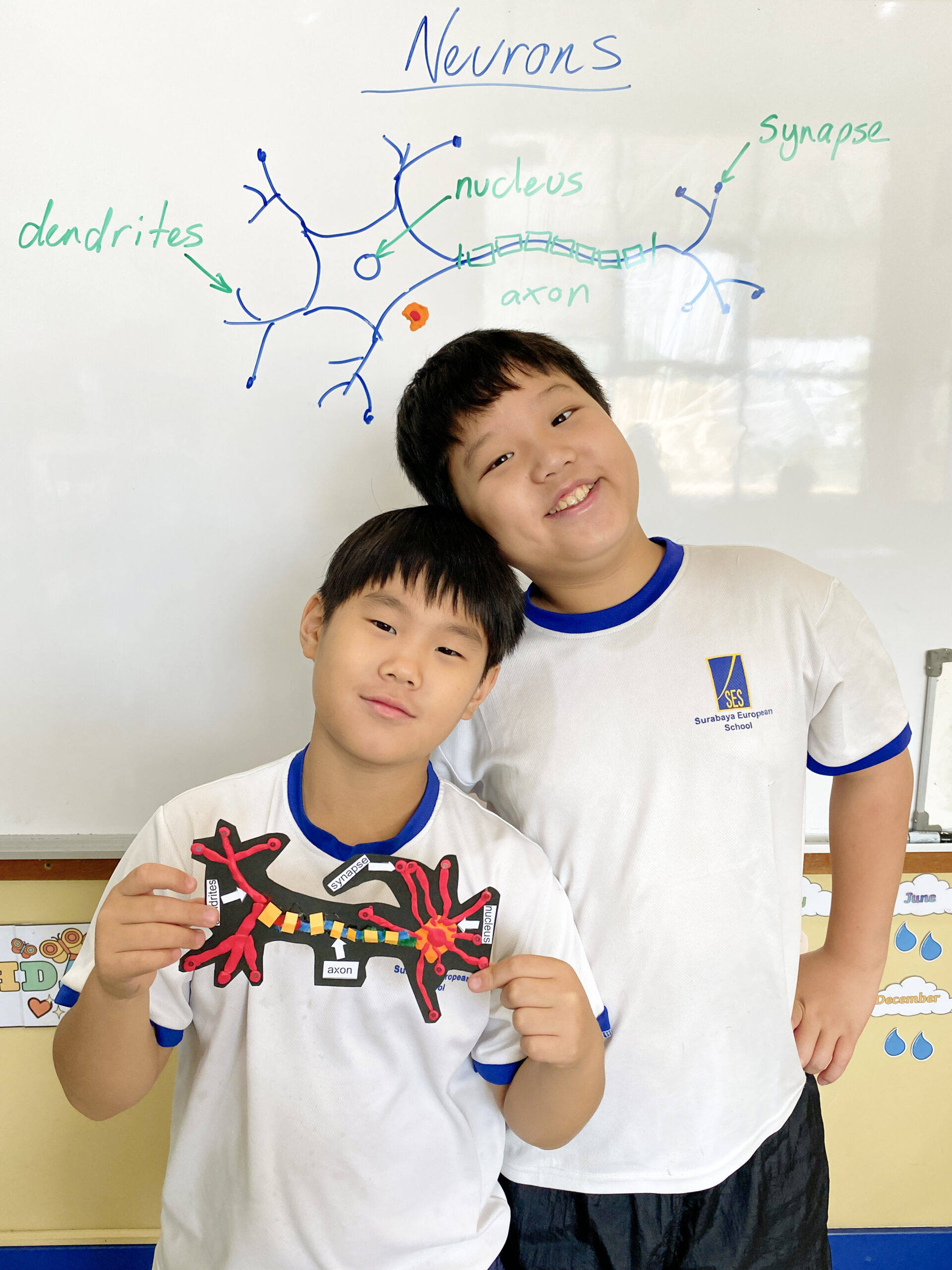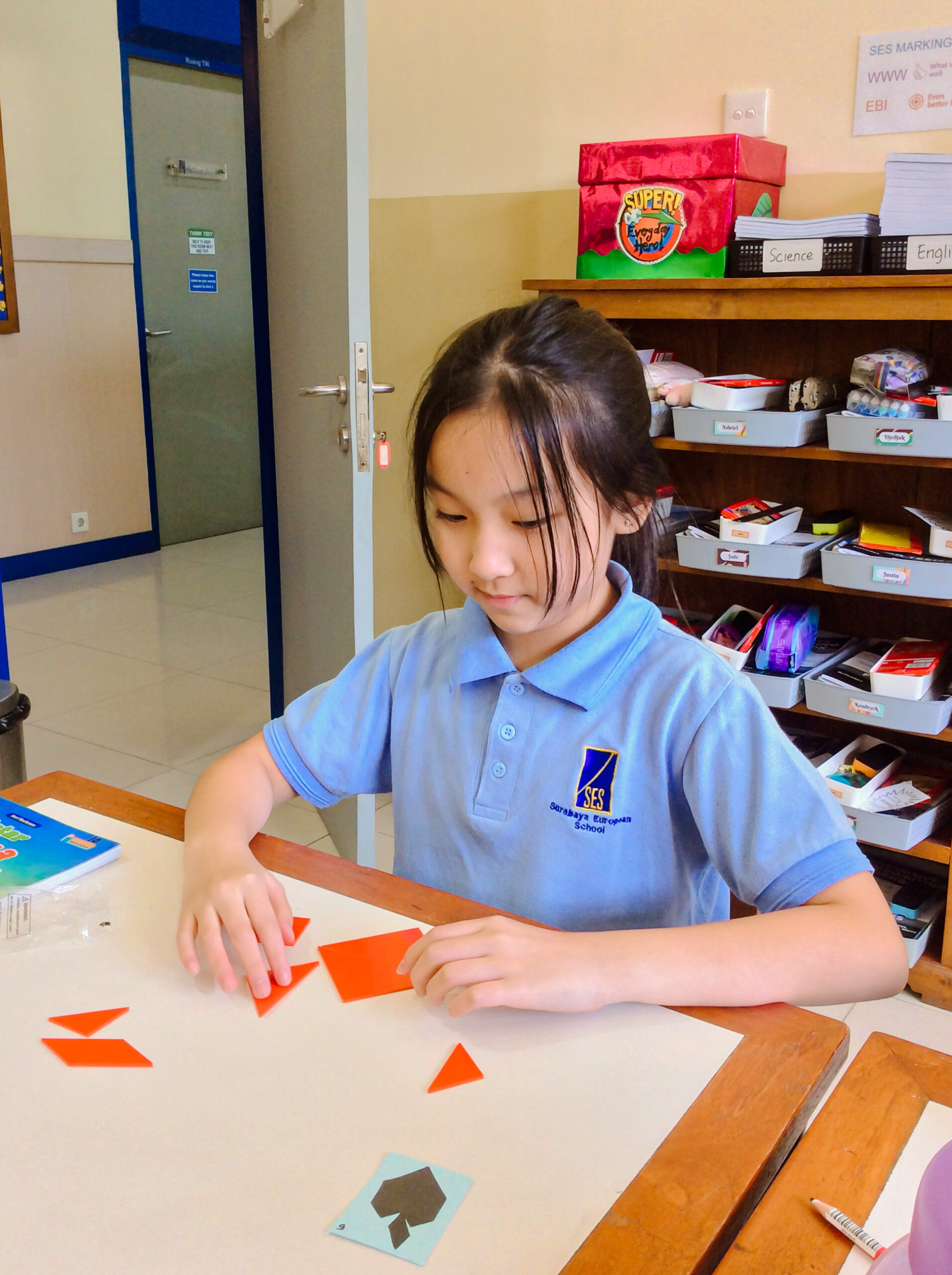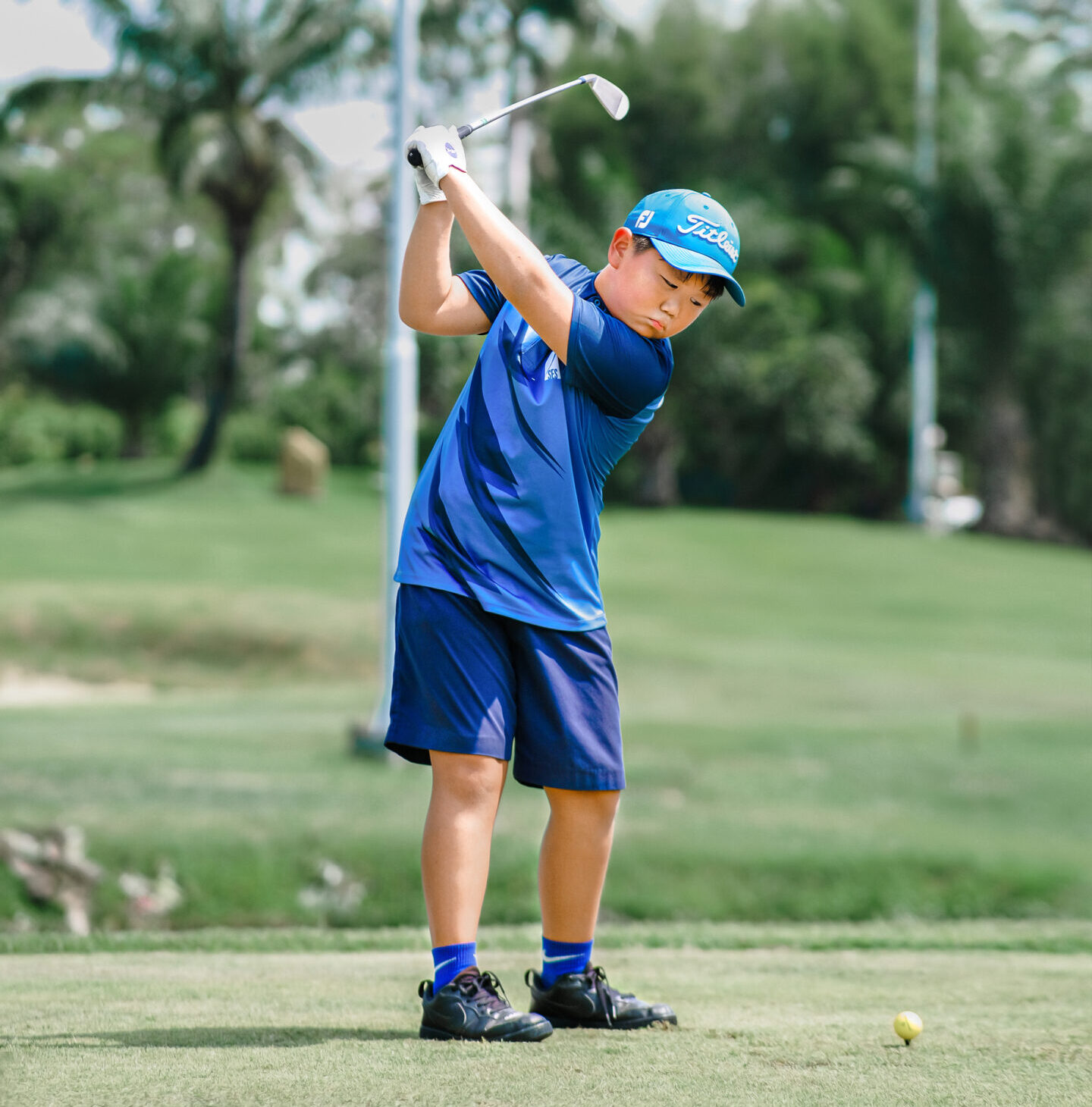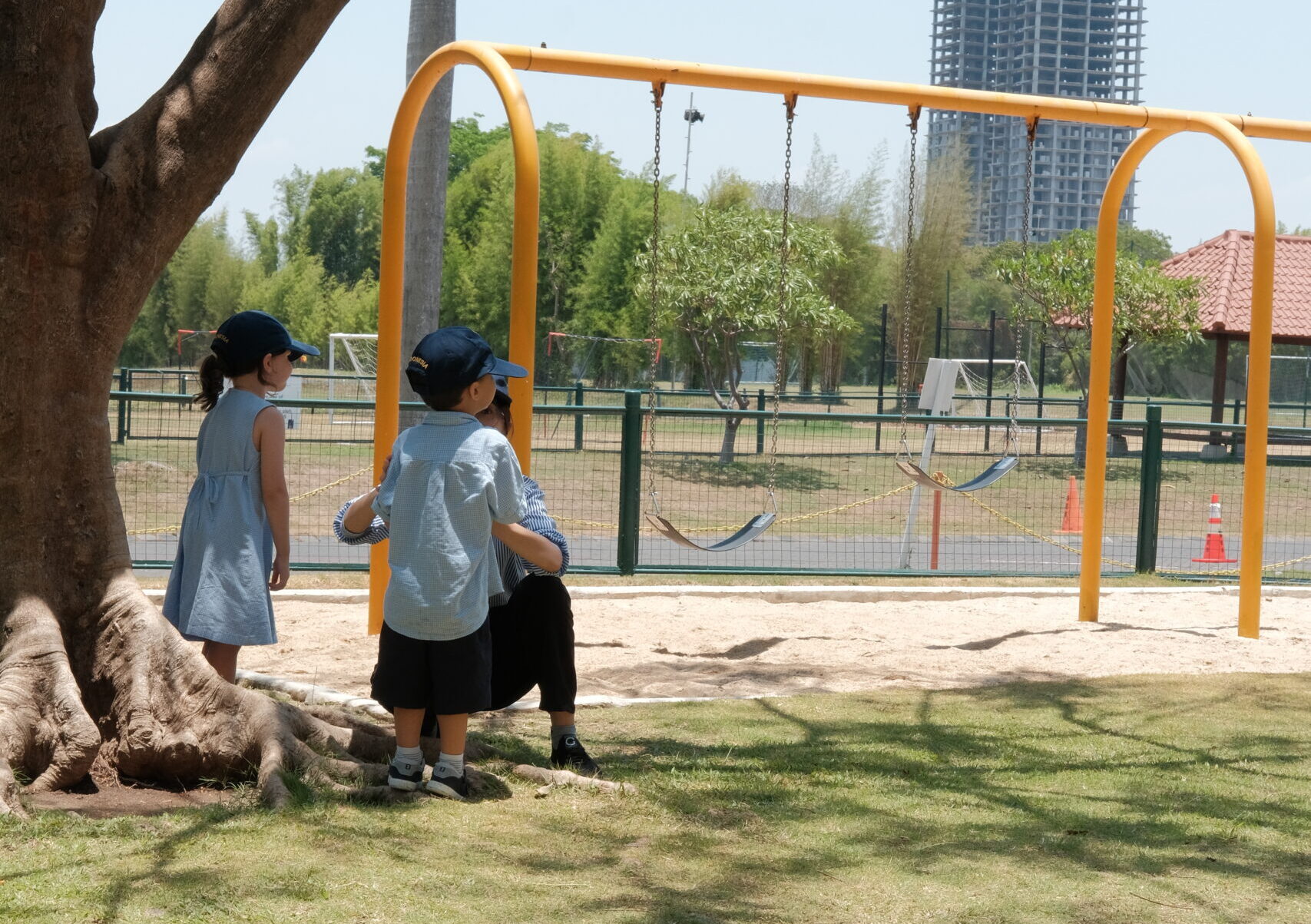Exploring the Brain through Model Neurons
Surabaya, Indonesia – At Surabaya European School, we believe that meaningful learning begins when students are actively engaged in exploring the world around them. As part of the Brainwave unit, our students recently had the opportunity to investigate one of the most fascinating parts of the human body, the brain. This unit encouraged students to think about how their brains work, how they learn, and how they can become better learners.
Learning about Neurons
To deepen their understanding, students were introduced to the structure and function of neurons, the tiny cells responsible for transmitting messages throughout the body. Through interactive discussions and visual diagrams, they learned about important parts such as dendrites, axons, the nucleus, and synapses. These scientific terms, which could easily feel abstract, were brought to life in an engaging and practical way.
Hands-on Modelling
One of the highlights of the lesson was a hands-on activity where students constructed their own model neurons. By labelling each part carefully and comparing their models to diagrams on the whiteboard, students gained a more concrete grasp of how neurons work. The activity was not just about memorising scientific vocabulary—it was about applying knowledge creatively and learning through making.
Connection to the International Primary Curriculum
This approach reflects the philosophy of the International Primary Curriculum (IPC), which combines subject learning with the development of personal skills. In this activity, students practised enquiry by asking questions about how the brain functions, showed resilience when assembling their models, and demonstrated cooperation as they worked alongside their peers. The IPC encourages students to make links across subjects—in this case, combining science, creativity, and personal growth into one meaningful experience.
Personal Learning Goals
Through the Brainwave unit, students also reflected on how their brains help them learn and how they can become more effective learners. This activity supported the IPC’s personal learning goals, such as adaptability, inquiry, respect, communication, and thoughtfulness. By exploring how neurons connect, students began to see parallels in how people connect and learn from one another in their daily lives.
At SES, we strive to create learning experiences that go beyond the classroom. By building model neurons, our students were not only introduced to key scientific ideas but also inspired to think about the power of the human brain and the endless possibilities of learning. This experience highlights how, through the IPC, students are empowered to become curious, reflective, and confident students ready to take on challenges with creativity and enthusiasm.






